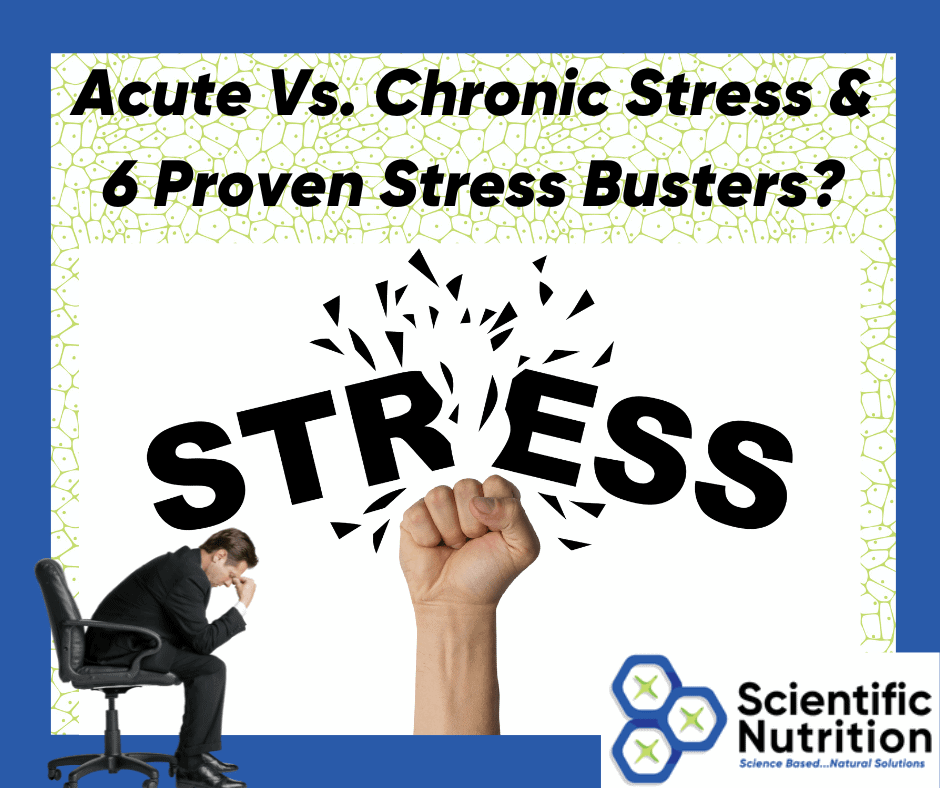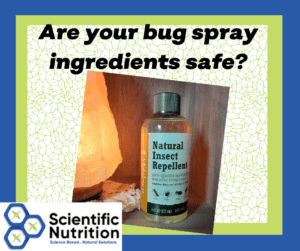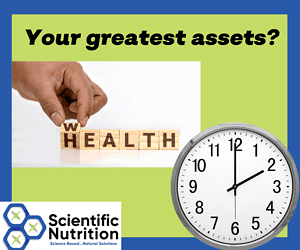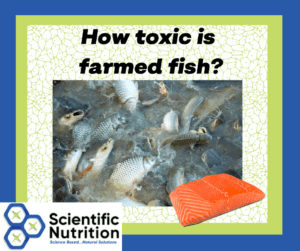What are the different kinds of stress and how can we eliminate them?
Stress is inevitable as long as you are a superman. Emotionally dull or bankrupt. For all other human beings, stress and depression are a part of life. You can’t possibly escape from stress.
Does that mean that you are helpless while stressed out? No.
There comes a time when you even do not know the causes of your stress. You just feel exhausted, super burnout, and depressed without apparent reason.
If you know the cause, 80% chances are that you will easily cope with your stress without doing any extra physical activities or implementing any psychological techniques. If you do not know the cause, you can still cope with it by visiting a doctor and considering taking some supplements. There is always a way out.
But I would prefer to see you doing something other than the above.
In this article, I will mention the top 6 tried and tested ways for stress management to help restore your normal condition and boost your mental activity, productivity, and workflow.
Before diving directly into the techniques, let’s know the two common types of stress.
Acute stress
Acute or short-term stress is a normal response to a specific event or situation perceived as threatening or challenging. You might face acute stress against any minor problem related to you, like a presentation at work. It may be stressful events that are occurring around you, like a car accident, receiving bad news, etc.
During an acute stress response, the body activates the “fight or flight” response, a normal physiological response to a perceived threat. After a short time, your body will mediate itself. Acute stress can affect you both positively and negatively.
Heavy metal toxicity can trigger this fight or flight reaction and drain your body of calming minerals such as Calcium, Magnesium, and Zinc in the short or long-term.
Positive effect:
It can increase alertness and focus, which can be beneficial in situations that require quick thinking or action.
Negative effect:
If the stress response is prolonged or intense, it can have adverse effects on mental health, including:
- Irritability
- Depression
- Difficulty sleeping
- Anxiousness and fear
- Difficulty concentrating
- Loss of interest in usual activities
Chronic Stress
Chronic or long-term stress is prolonged exposure to stressors over a prolonged period of time. You can face chronic stress because of ongoing financial difficulties, a demanding job, a complicated relationship, heavy metal toxicity, or a long-term illness.
Chronic stress can hurt both physical and mental health. Heavy metals such as copper, iron, mercury, aluminum, and nickel can push you to behave “un”naturally. By this I mean not of your nature. They can push you to be reactive, angry, depressed, and more.
Physically these heavy metals can facilitate diseases and cause a long list of physical symptoms. By using a Hair Mineral Analysis Test you can see where you are at and get natural solutions for detoxification.
Some of the physical effects of chronic stress include:
- Increased risk of heart disease
- Gastrointestinal problems
- High blood pressure
- Chronic pain
- Headaches
In terms of mental health, chronic stress can lead to:
- Anger
- Anxiety
- Depression
- Frustration
- Constant fatigue
- Loss of motivation
- Difficulty sleeping
- Difficulty with concentration and memory
Now, I hope that next time you will be able to differentiate what kind of stress you have and what may be the possible consequences.
Whether acute or chronic stress, you can apply any of the following (or all) 6 stress busters to improve your mental and physical health.
6 Stress Busters which will help you avoid doctors
1. Spend some time with yourself
This comes to the very start of the list for a reason. When you have some “me-time,” you will automatically reflect on your life. You will get to know what toxic stuff is causing stress.
Schedule some “me-time .”It might be an hour per day or a day per week. Make sure you keep it intact amidst your responsibilities and tight work schedules.
Choose some activities of your interest. Go for a walk. Have some coffee. Ensure a peaceful environment around you. Viola!
2. Do some physical activities
Physical activities such as aerobic exercise (running, cycling, swimming, dancing, or simply any exercise) can increase the release of endorphins. Endorphins are chemicals in the brain that can improve mood and reduce stress.
Participating in sports is one of the prime stress-relievers and overall mental well-being. You do not need to be a professional sportsman; you can participate in local sports like street cricket, football, or badminton.
Note: If your job involves some physical activity, your brain won’t release any endorphins. Physical activity must be something other than your job.
3. Connect with people
Research suggests that people who have strong social connections have a lower level of the stress hormone cortisol. Connecting with like-minded people is ultimately helpful in reducing stress. It provides social security, social support, and a sense of belonging.
Additionally, if you got some good friends, you can talk to them about your stress. As the saying goes, “happiness increases and sadness reduces on sharing with others. Conversation and shared activities decrease cortisol levels, and you feel relaxed and de-stressed.
4. Help others
“The best way to find yourself is to lose yourself in the service of others” ~Mahatma Gandhi.
According to brain science, when you help other people, your brain releases endorphins and feels pleasure. Helping others can help reduce stress in several ways:
Distraction: Focusing on someone else’s needs can help distract from your stressors and provide a sense of perspective.
A sense of purpose: Helping others can give you a sense of purpose and fulfillment, which can be particularly beneficial when you’re feeling stressed.
Social connection: Helping others can also foster social relationships and feelings of belonging, which can be essential for mental well-being.
Gratitude: Focusing on the needs of others can help shift attention away from stressors and towards feelings of gratitude and appreciation.
Empathy: Helping others can also help you cultivate kindness and compassion, which can benefit mental well-being.
5. Be mindful
Mindfulness means being in the present moment, and less focused on the past or future. It helps you to be more aware of your thoughts, feelings, and bodily sensations, which can help you to identify stressors and develop strategies to deal with them.
Mindfulness helps you to develop a sense of control over your thoughts and emotions, which can help to reduce feelings of helplessness and powerlessness. It can also be practiced through meditation, deep breathing, yoga, or even paying attention to your thoughts and surroundings. It’s essential to find something you enjoy and can stick to and make it a routine.
6. Accept the odds and be positive.
Accepting the odds and having a positive look on life can do wonders. Acceptance can help you acknowledge and come to terms with difficult or stressful situations, reducing feelings of resistance and frustration.
A positive outlook can also help you focus on the good things in your life, which can help to counteract stress and negativity. Acceptance and a positive outlook can help you to handle stressors in a more resilient and effective way, making it easier to cope with difficult situations as well as achieve a sense of balance and well-being.
Having a positive outlook doesn’t mean avoiding or ignoring negative thoughts and emotions; it’s about finding a balance and looking for opportunities for growth, learning as well as self-improvement.
Note: Acceptance does not mean that you accept everything coming your way. It is a realization that some things in your life are not controlled. You must admit them and pave your way toward what works for you.
Final thoughts on stress-
Stress is an inevitable part of life, and it can come from a variety of sources. But that doesn’t mean you should ignore it. With the right tools, you can take control of your stress levels and restore a happy, healthy, stress-free life. The best ways to manage stress are to practice self-reflection, exercise and meditation, eat a healthy diet, get enough sleep and make sure to maintain social connections.
These are practical stress busters that can help you keep your stress levels under control and improve your overall well-being. Take the steps toward changing your diet, lifestyle, detox and supplement habits by using the science-based Hair Analysis for solutions.
LET’S CHAT about your health goals!
Copyright Scientific Nutrition, LLC 2023




